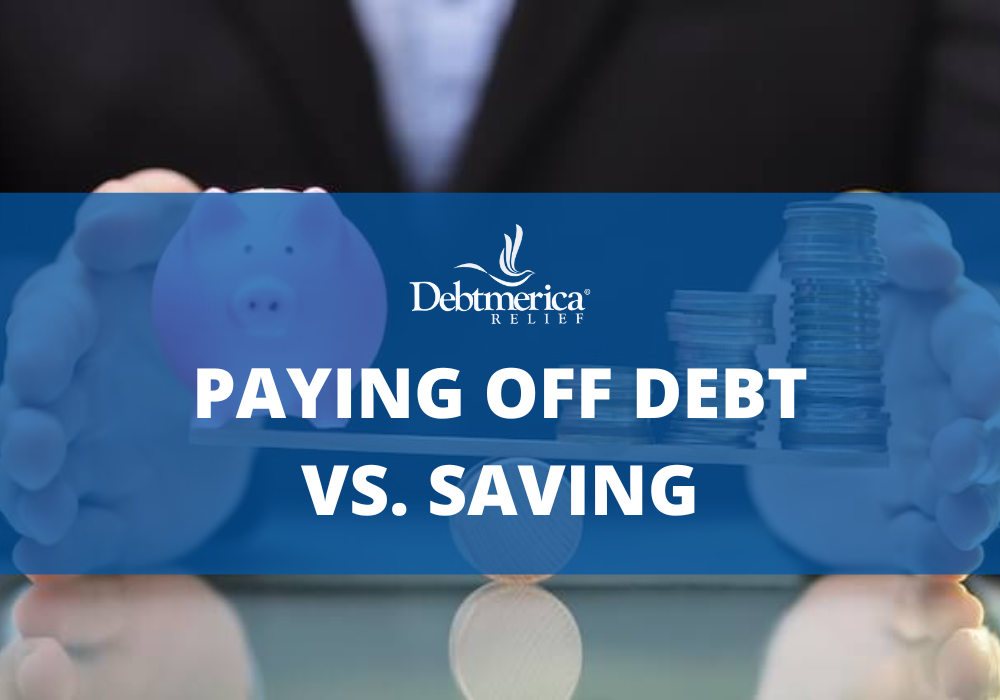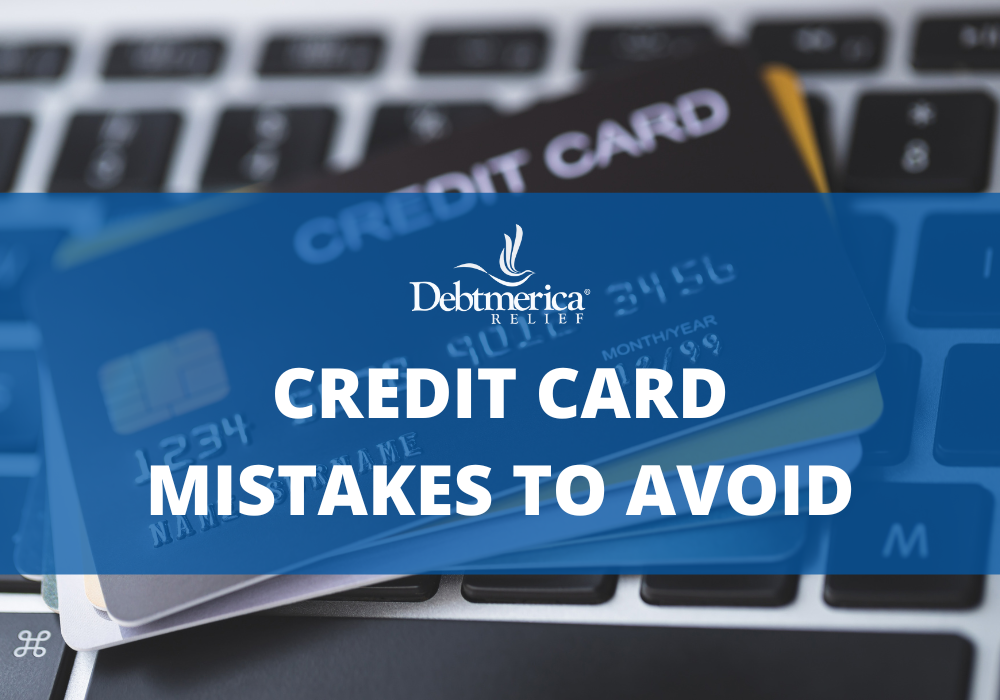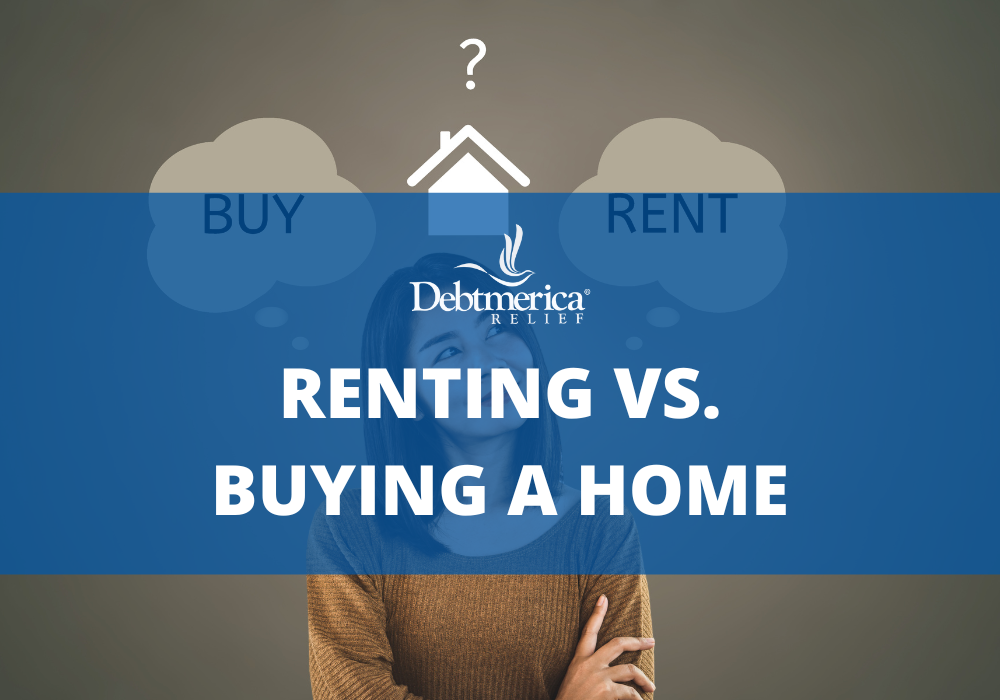Paying Off Debt vs. Saving

One of the top financial questions asked is “Should I put my extra money toward paying off my debt or savings?” The answer can vary depending on your current financial situation and the current state of the economy. In any case, it is important to find a balance between the two.
Priority #1: Build Up an Emergency Fund
Most financial experts will agree that your priority should be to secure an emergency savings fund. Without this, unforeseen expenses can be impossible to cover. A good starting point is to save at least three months’ worth of pay, or six months’ worth of living expenses. This starting point will likely be sufficient in covering the cost of unexpected car or medical expenses. It can also help keep you afloat if you were to lose your job. Since this emergency fund will mostly go untouched, it’s best to keep it in a high-interest savings account that will accumulate more money over time. Remember, even when you decide to focus on building your emergency fund, you should continue to make at least your minimum payments on your debts. Failing to do so can result in hefty fees, making repaying your debt later more difficult.
Priority #2: Focus on Debt Repayment
Once you have a healthy emergency fund, you should focus on debt repayment. You may want to start by reviewing your expenses, debts, and income to create a debt repayment strategy. First look at your monthly expenses. Are you overspending? Are there any expenses that can be eliminated or decreased? Paying off debt will come a lot quicker if you can minimize your expenses. Next, review your current debts. While some debts are fixed until paid off, others may have more wiggle room. Consider a credit card balance transfer that charges 0% interest for a set period of time or see if your student loan payments can be temporarily deferred. Finally, look at your income to determine how much money you can afford to spend on debts. From here, you can decide if you want to tackle the smallest debts first, the debts with the highest interest rates first, or whichever strategy works best for you.
Priority #3: Bulk Up Your Savings
Assuming your emergency fund is set, and your debt is at least partially paid off, it may be a good time to start bulking up your savings. Usually at this stage, it’s best to find a balance between paying off debt and bulking up your savings. For example, if you have $500 left after paying all your expenses for the month, you might decide the best thing to do is put $200 in savings and the other $300 towards debt. When bulking up your savings, try to take advantage of accounts that can help build your wealth, like your retirement fund. This is especially true if your employer matches your contributions.
Debt Relief is Always an Option
Some may find themselves stuck in an endless cycle of debt repayment. Many can argue this is the hardest step. If you find that after several years, you have yet to make a dent in your debts, it might be a good time to consider debt relief. Debtmerica Relief has over 16 years of experience in providing relief to our clients whose financial burdens have become too much to handle. If you need help with debt, give us a call at 800-470-8155 for a free consultation.



